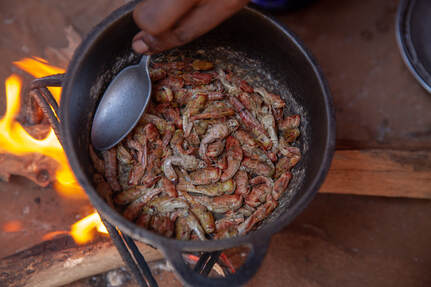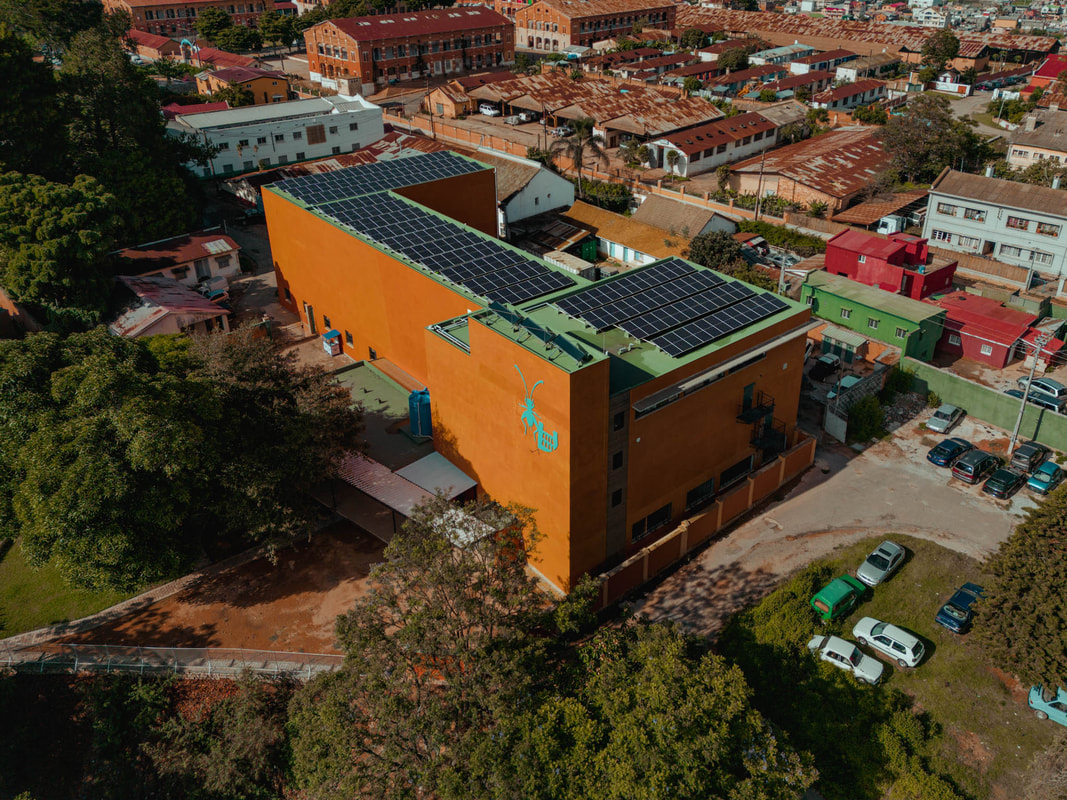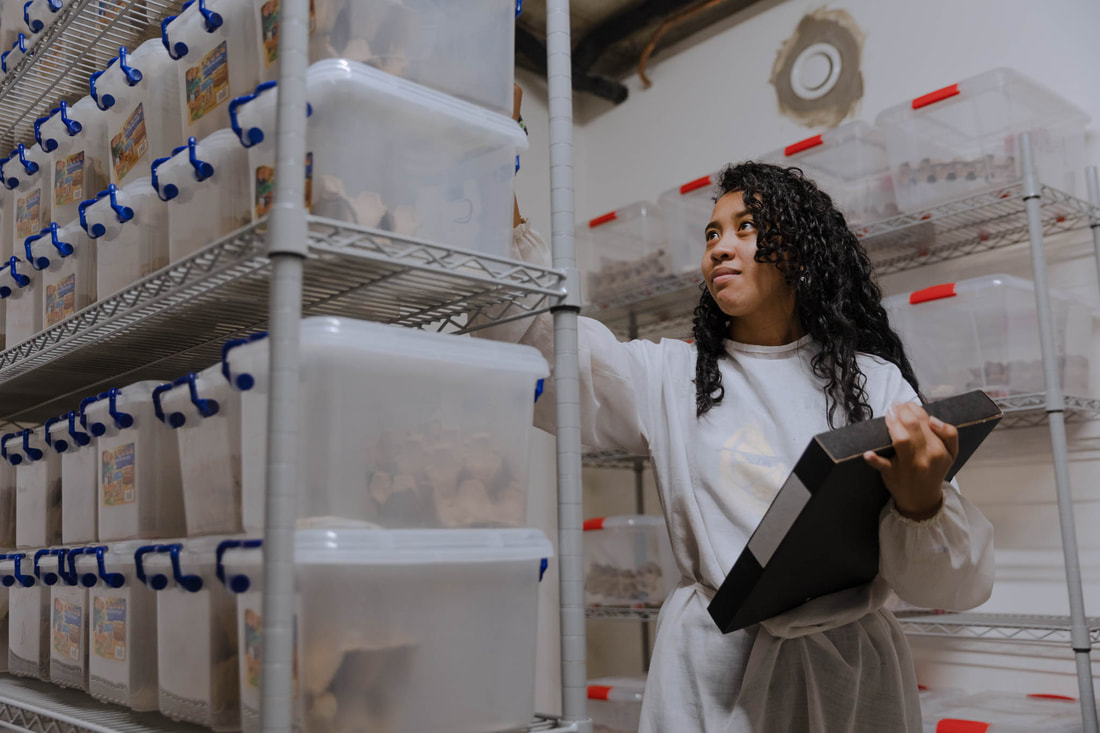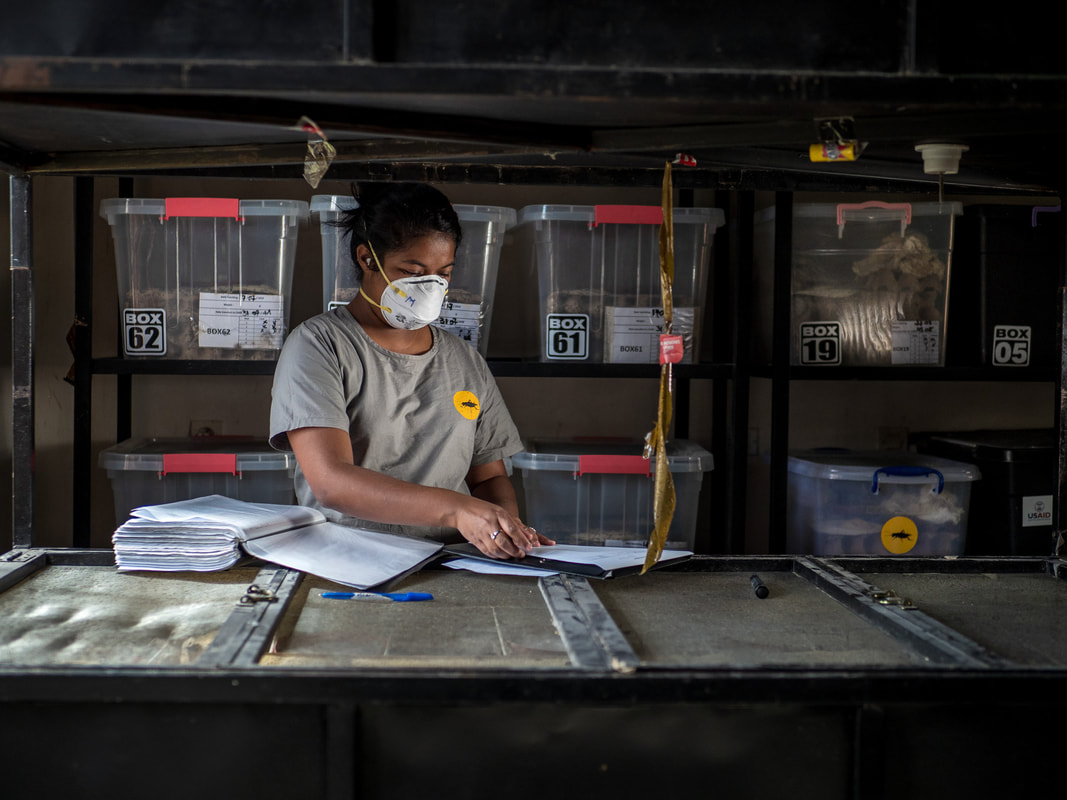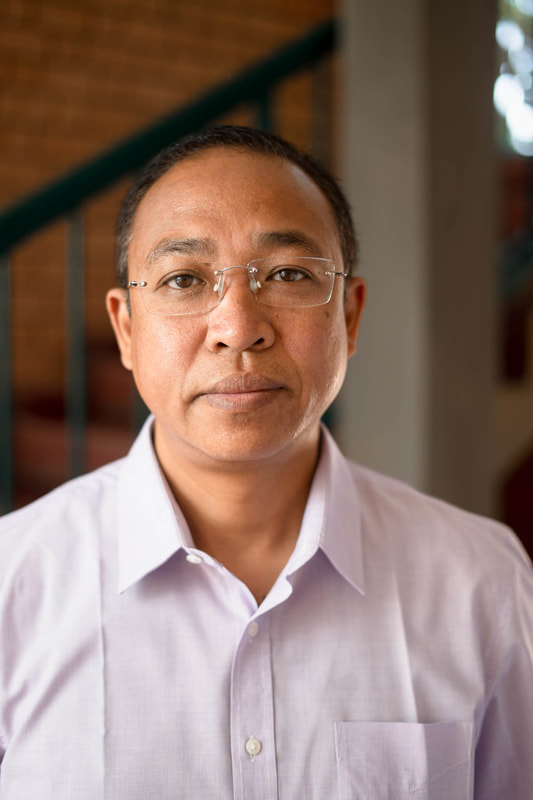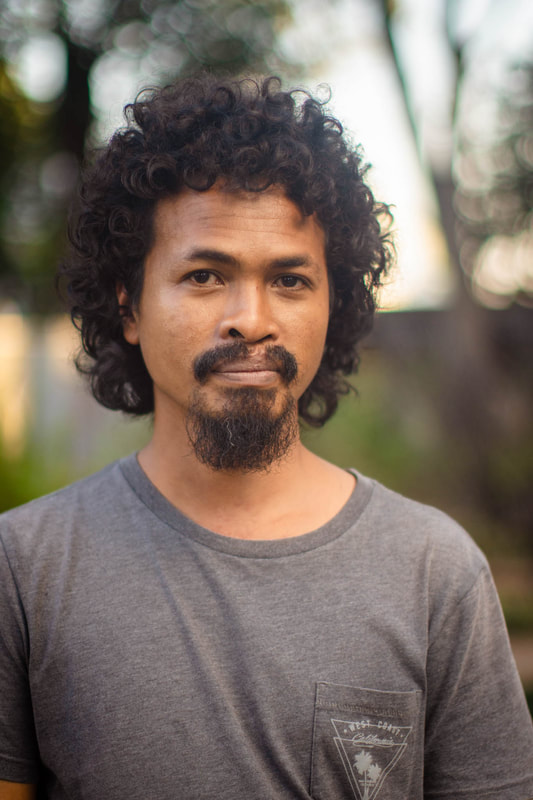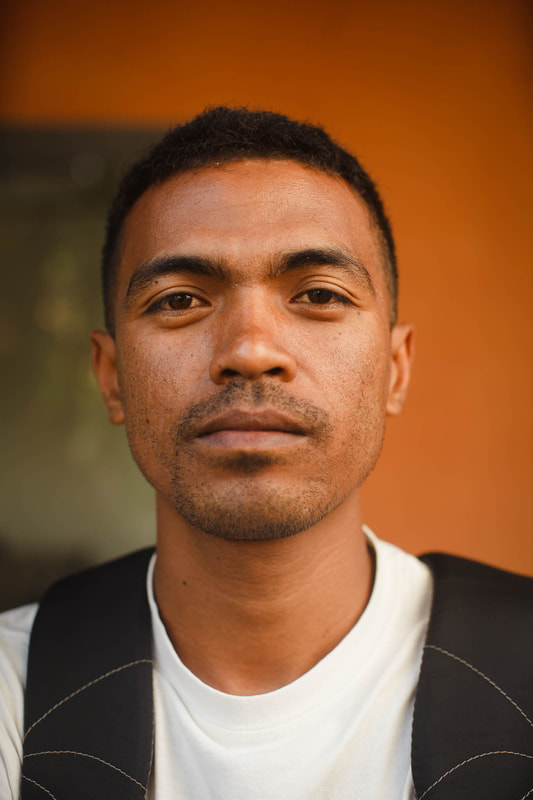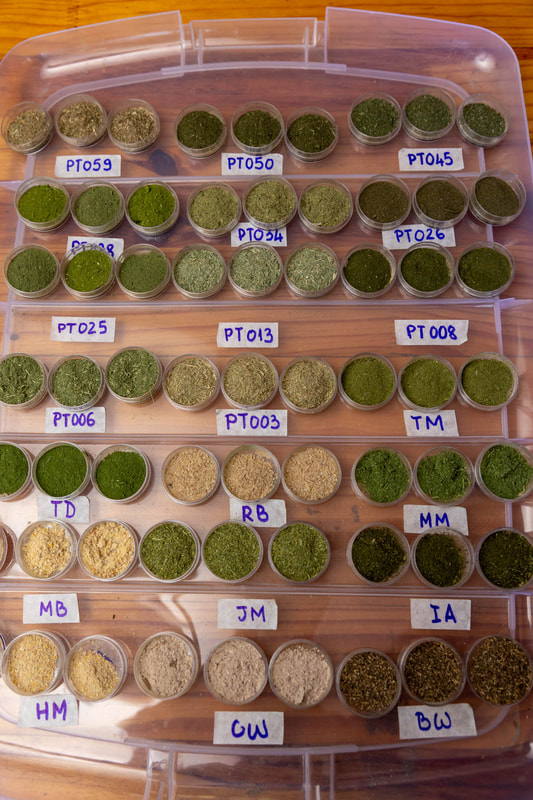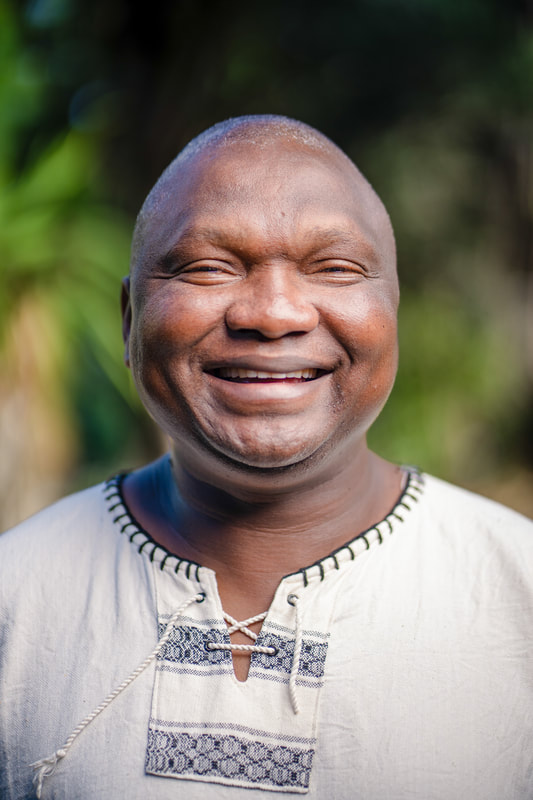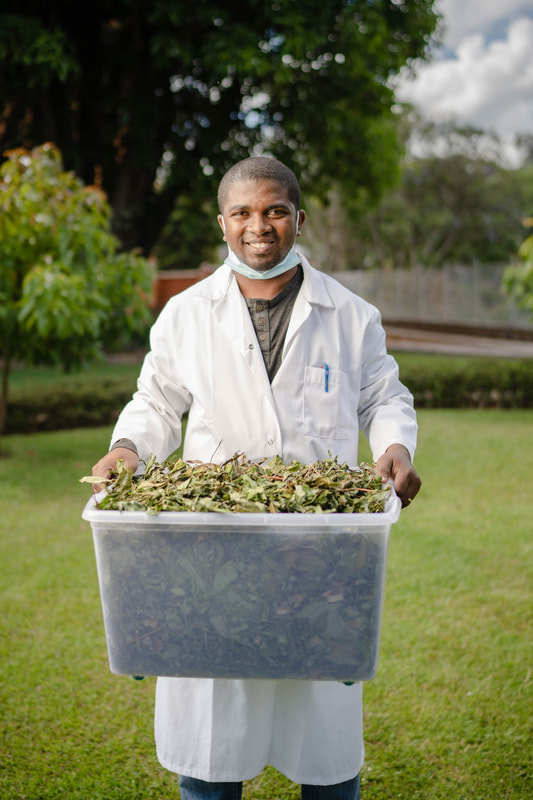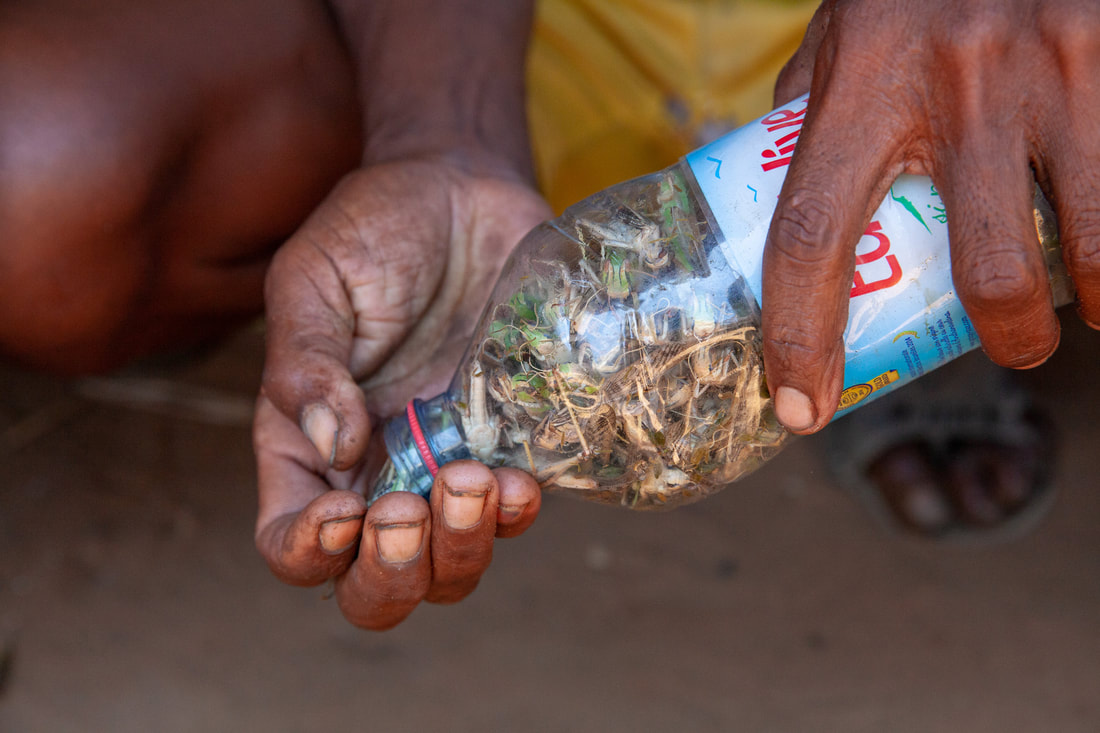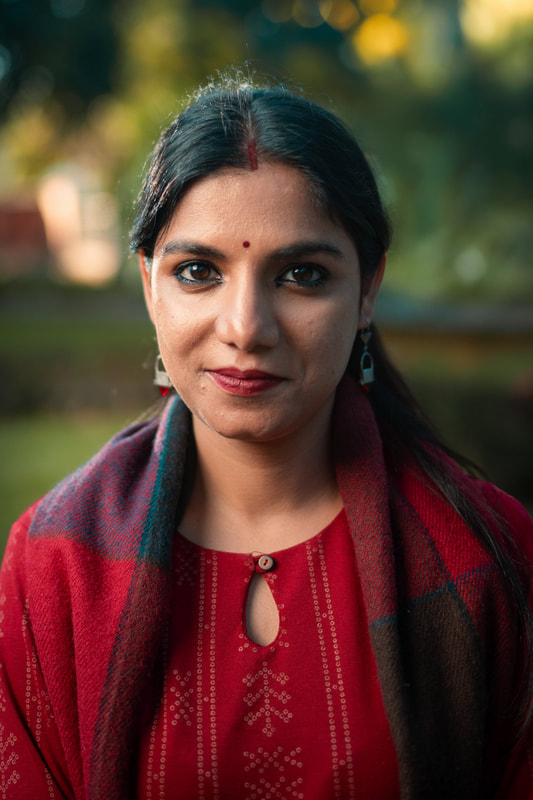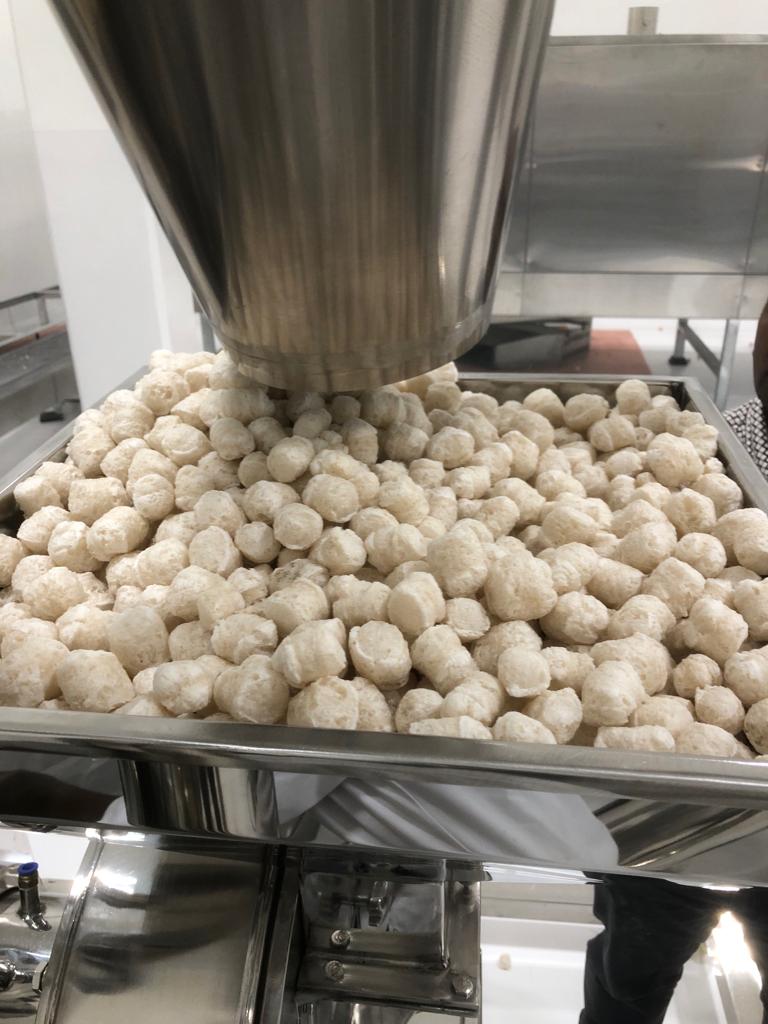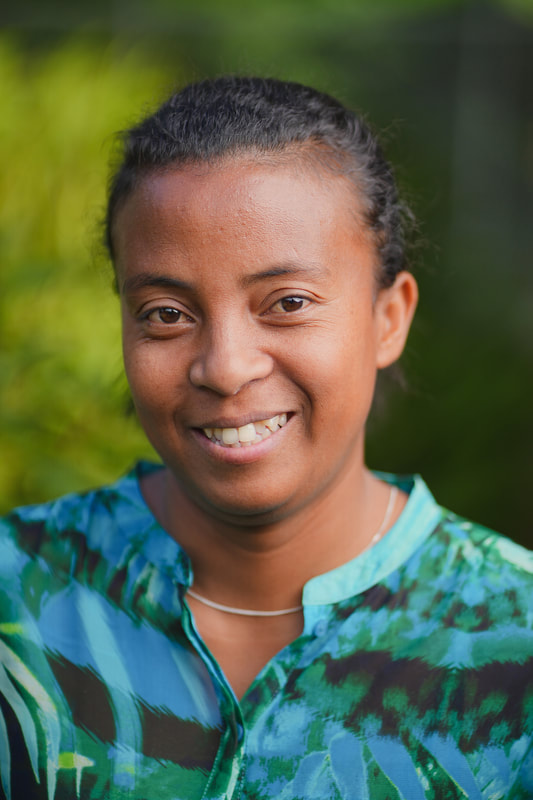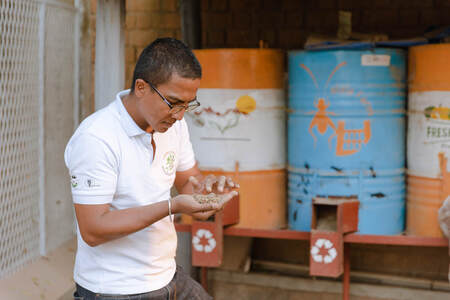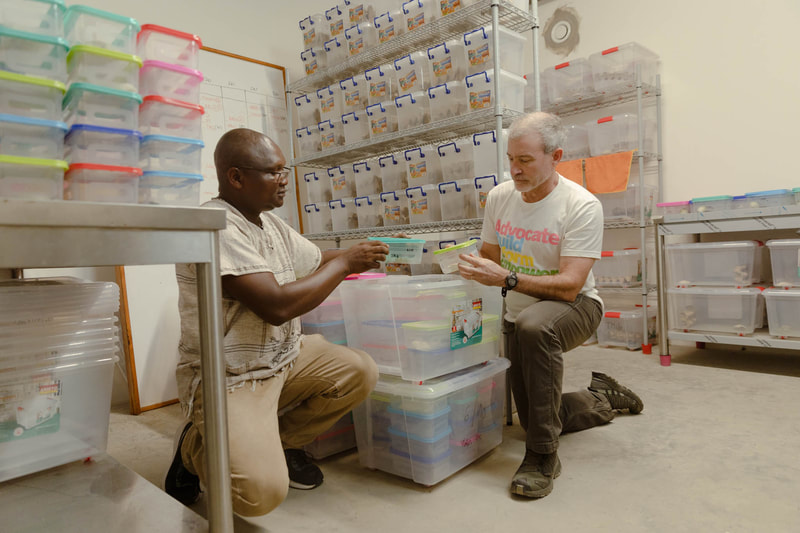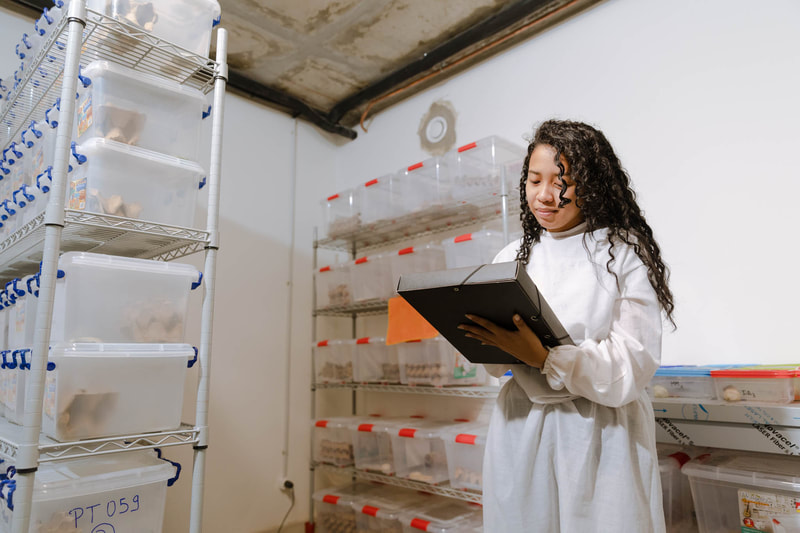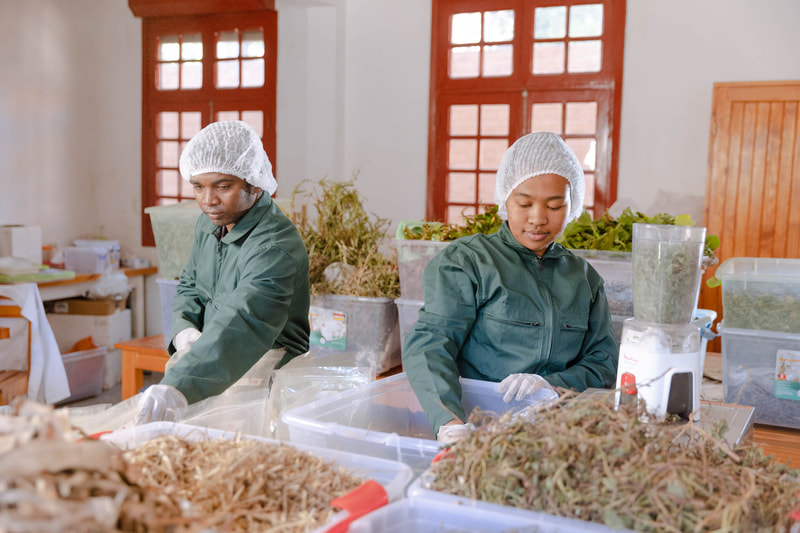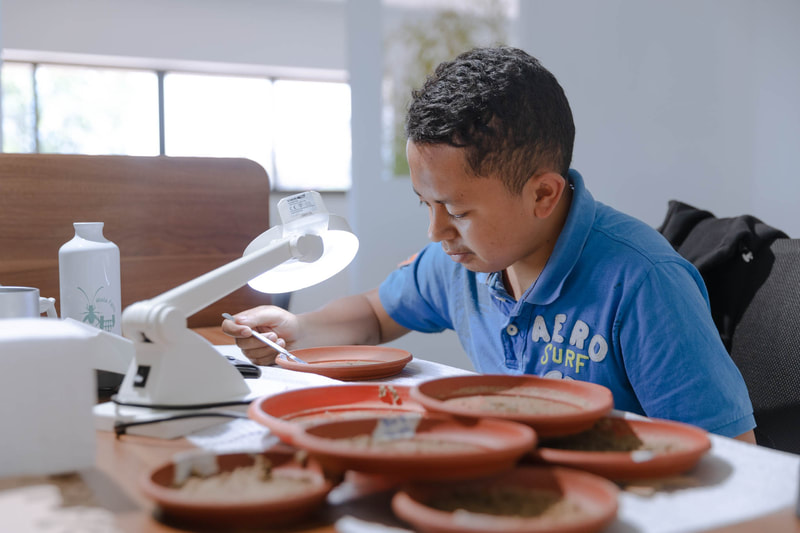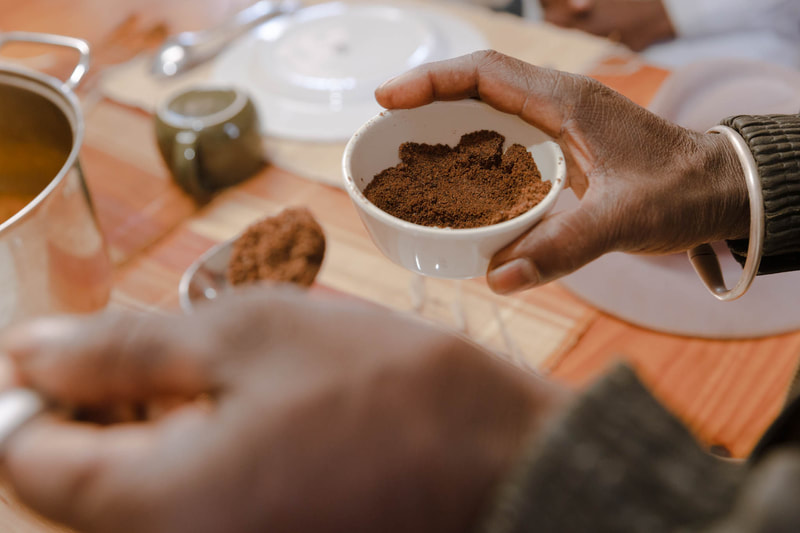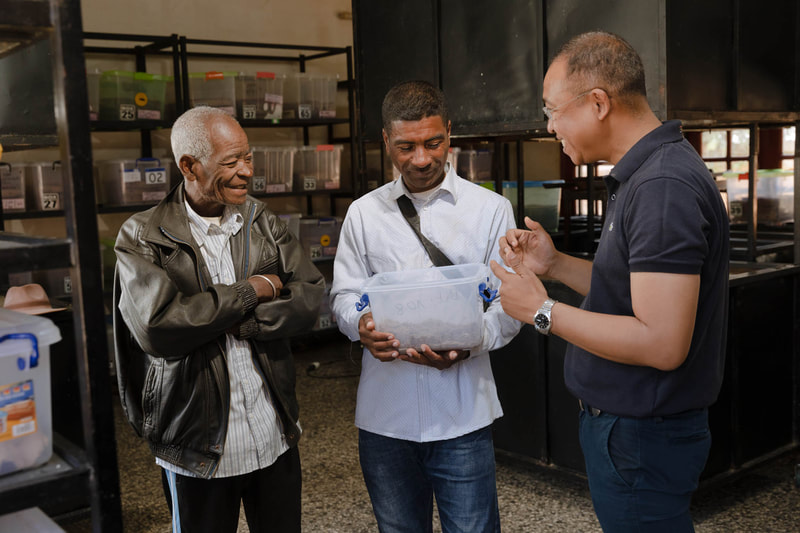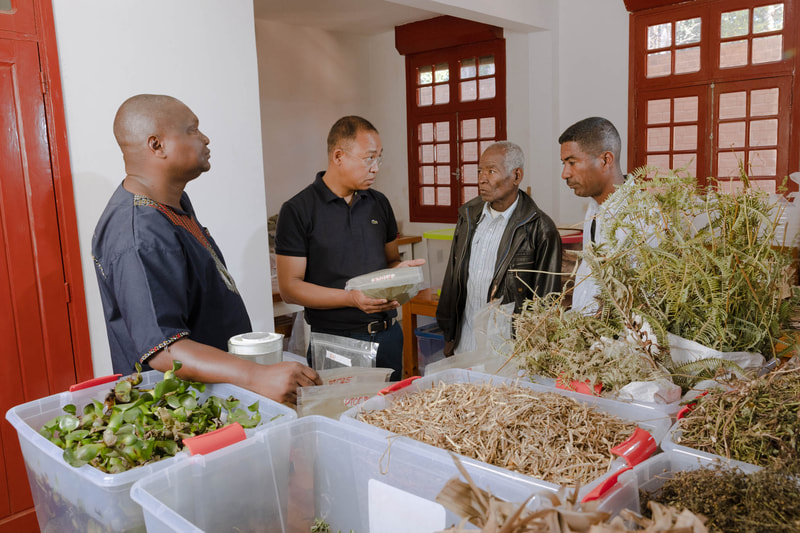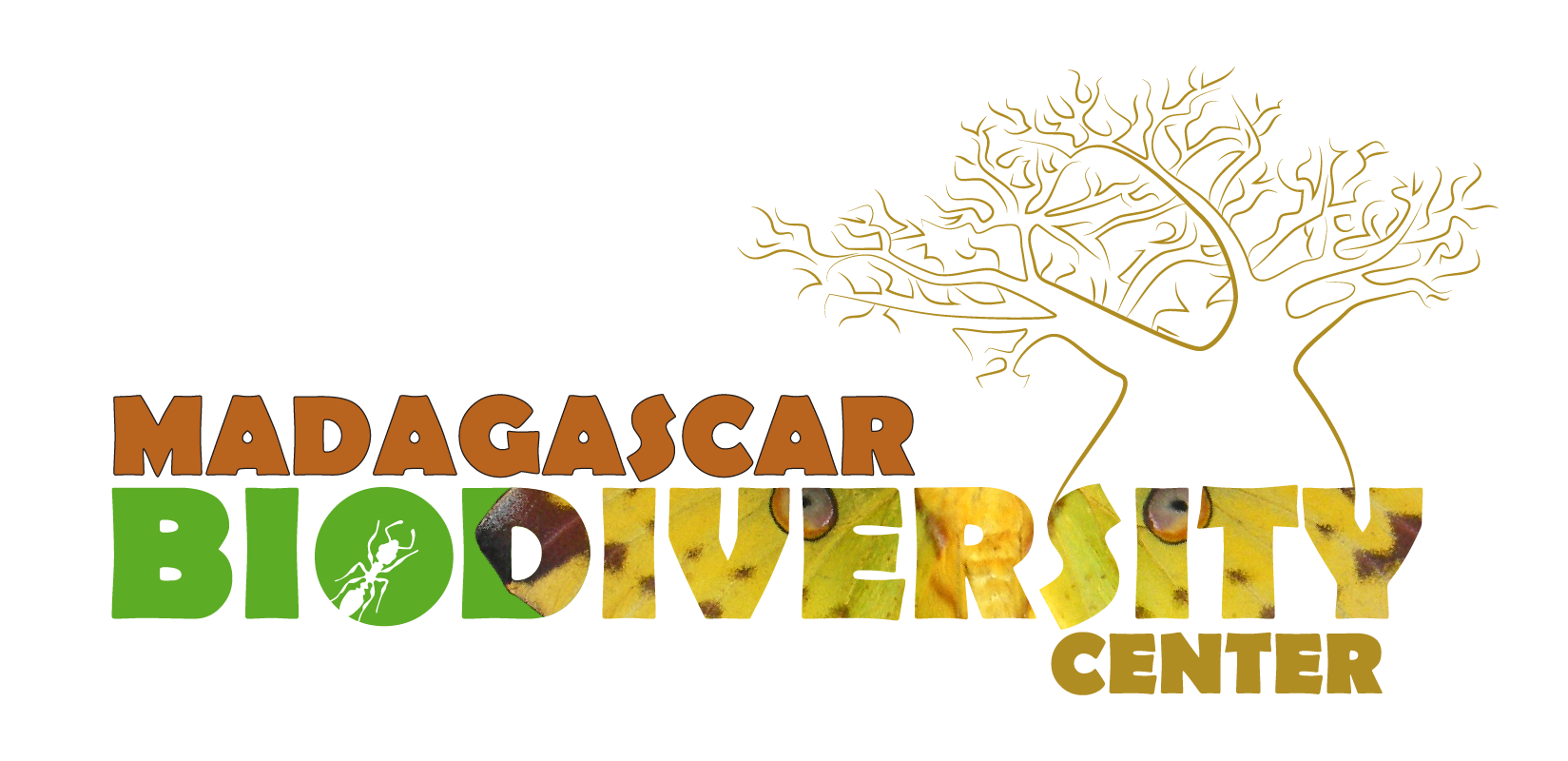|
|
|
|
Edible Insects
|
The rising demand for food threatens Madagascar's remarkable biodiversity. Traditional farming practices and lemur (bushmeat) hunting cannot sustain a population that will double in 25 years. You can't put more cattle on already degraded grasslands, and you can't keep cutting down forests for long when only 10% remain. If current trends continue, the island's unique wildlife will vanish alongside remaining natural habitats.
Conservation efforts can do little to halt the continued destruction of this living resource when locals are hungry and malnourished. In Madagascar, more than 90 percent of the population lives below the international poverty line. Almost half of all children under five are malnourished —Madagascar experiences the world's fourth-highest rate of chronic malnutrition. To reverse this spiral of increasing malnutrition, climate-driven food insecurity, and forest loss, we offer a solution that builds on the strong tradition of edible insects. If we develop a sustainable, scalable, and locally produced insect protein solution, we can address malnutrition and offer food security for Madagascar's hungry and growing population while reducing pressure on the remaining natural landscapes. And by using the insect fertilizer from our farms, we can also restore and regenerate landscapes. |
In Madagascar, insects are an indispensable part of seasonal diets for many ethnic groups. Insects offer many advantages over traditional protein sources; they are farmed with less water, less feed, and less environmental impact. Insects provide a far greater range of nutrients than commonly consumed meats yet require a much smaller footprint to produce. With insect protein, we can feed all of Madagascar's children and reduce pressure on the remaining forests.
|
Edible insects - it's about improving the livelihoods in communities around the last remaining forest, it's about improving the nutrition of children across the country, it's about reducing the bushmeat consumed, and it's about enhancing degraded lands.
|
Our Edible Insect program at MBC touches on society's most pressing issues: malnutrition, circular economy, sustainable food systems, reducing bushmeat consumption, lemur hunting, and restoring landscapes.
The new center, called Valala Farms, will enable the research and development of solutions for small-scale farming (for health clinics, schools, and prisons) and also large-scale farming (for famine relief and food aid). Our program hosts diverse fields of research and developed related to insect protein solutions:
|
|
Impact: Upscaling cricket farming will contribute significantly to Madagascar's efforts to address malnutrition and micronutrient deficiencies while reducing threats to its remaining forests and animals. Crickets multiply quickly, are easy to breed, and are inexpensive to raise, making their farming accessible to the poorest members of society. Insects (whole and in powder form) are already a traditional food in Madagascar. Producing crickets in large quantities would greatly facilitate efforts by the World Bank, the National Nutrition Office, and the Ministry of Agriculture and Animal Production to improve the lives and health of the Malagasy people. At the same time, this project will diminish the need to hunt bushmeat, helping to conserve Madagascar's celebrated biodiversity. In addition, farming insects produce considerable amounts of high-quality fertilizer that will improve current farming yields and reduce the need for continued forest clearing.
|
